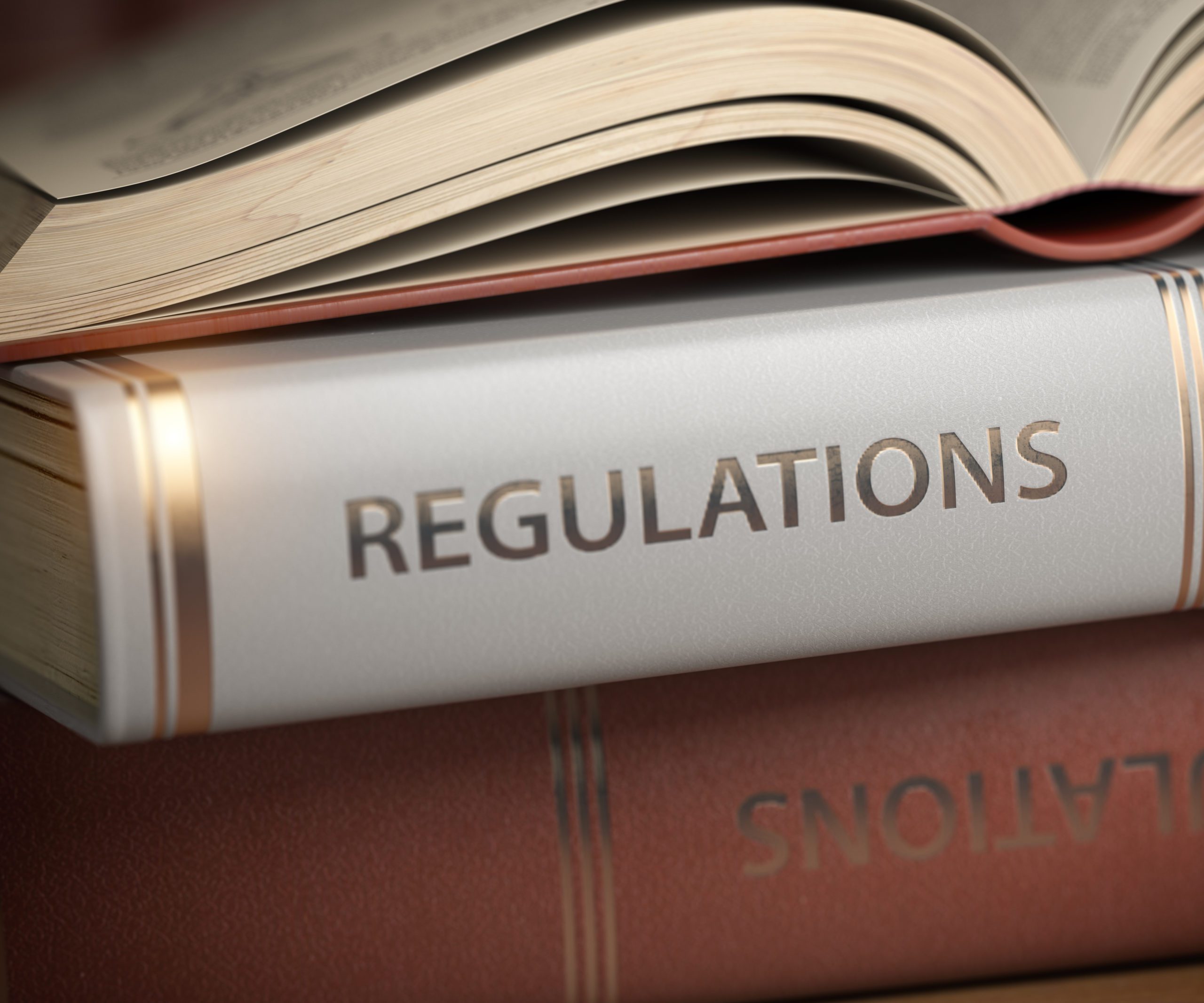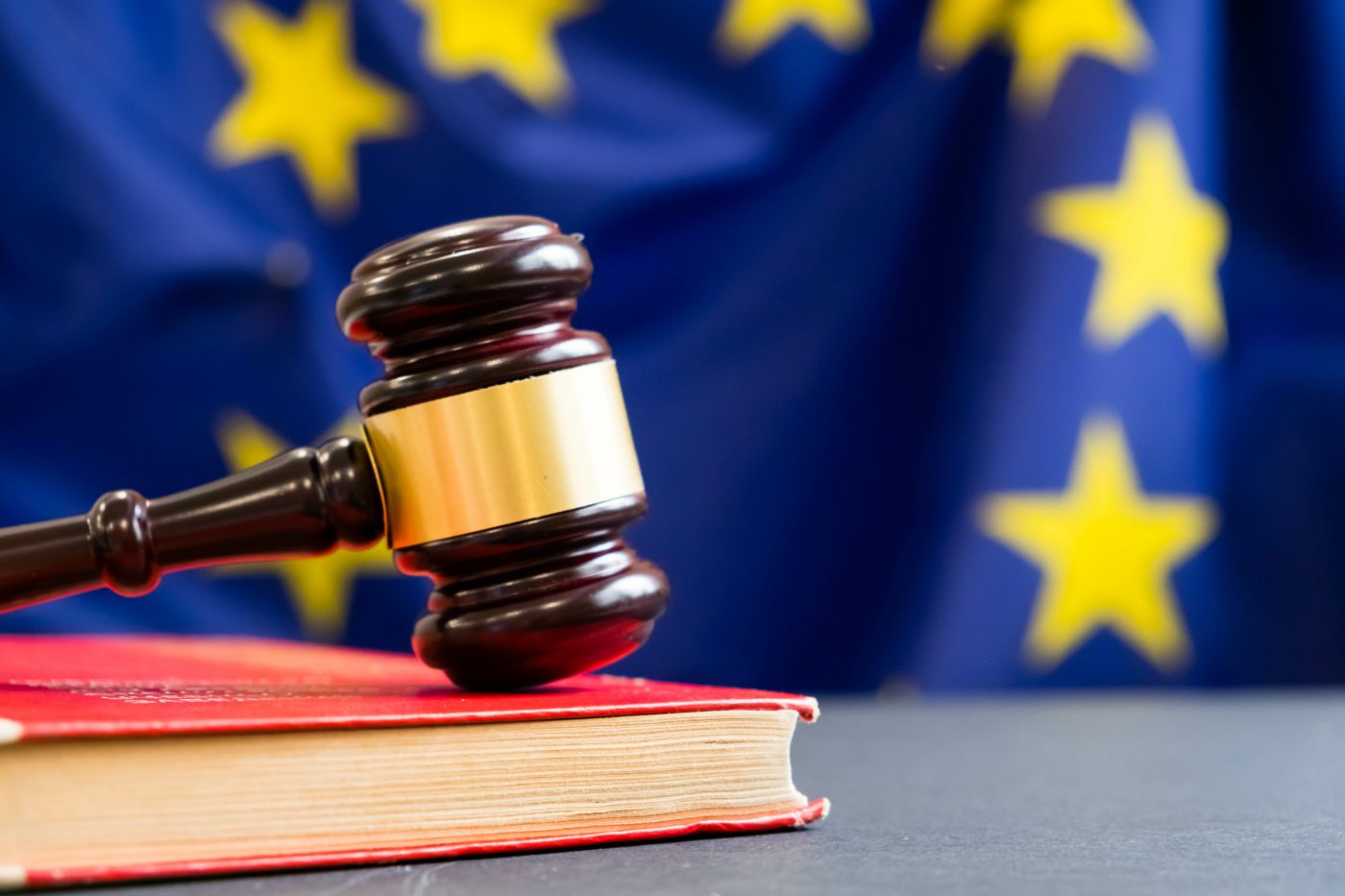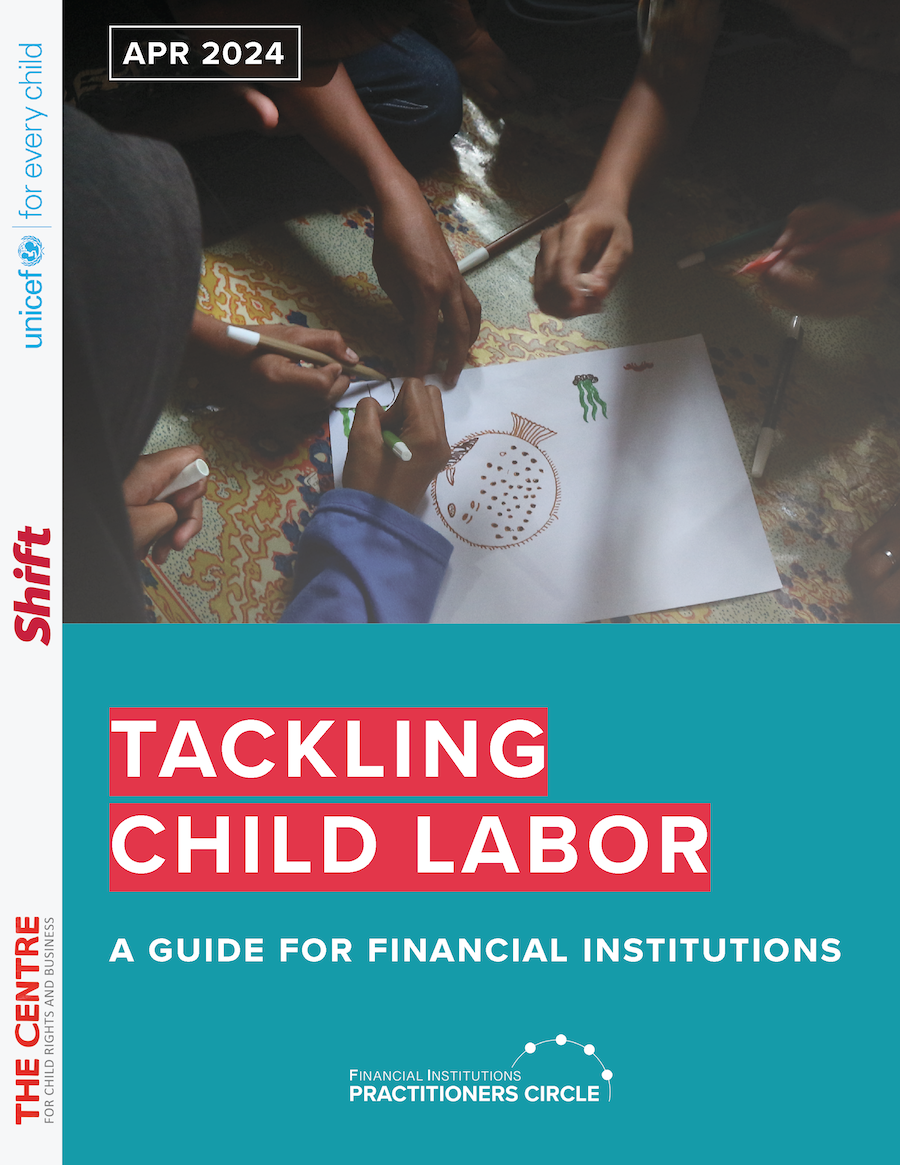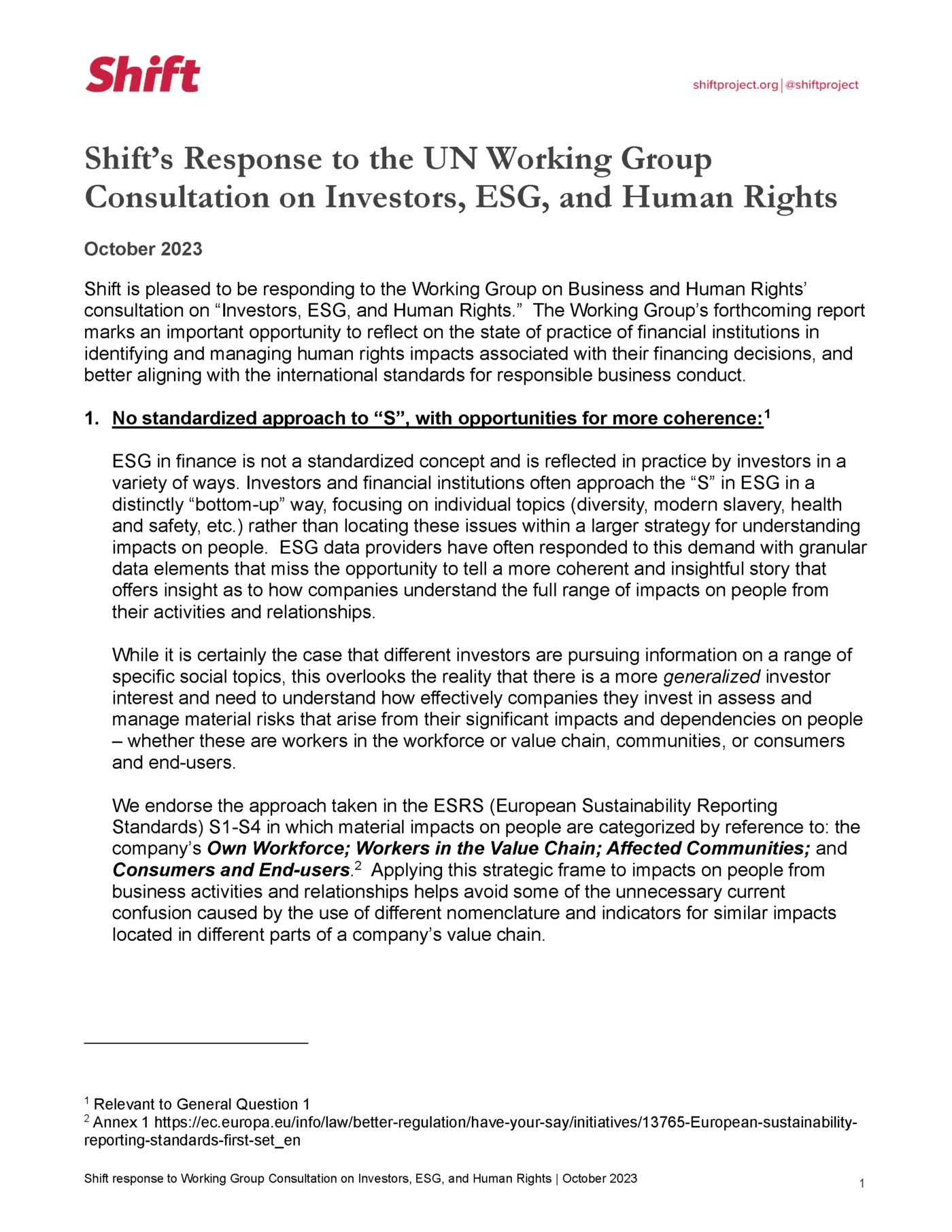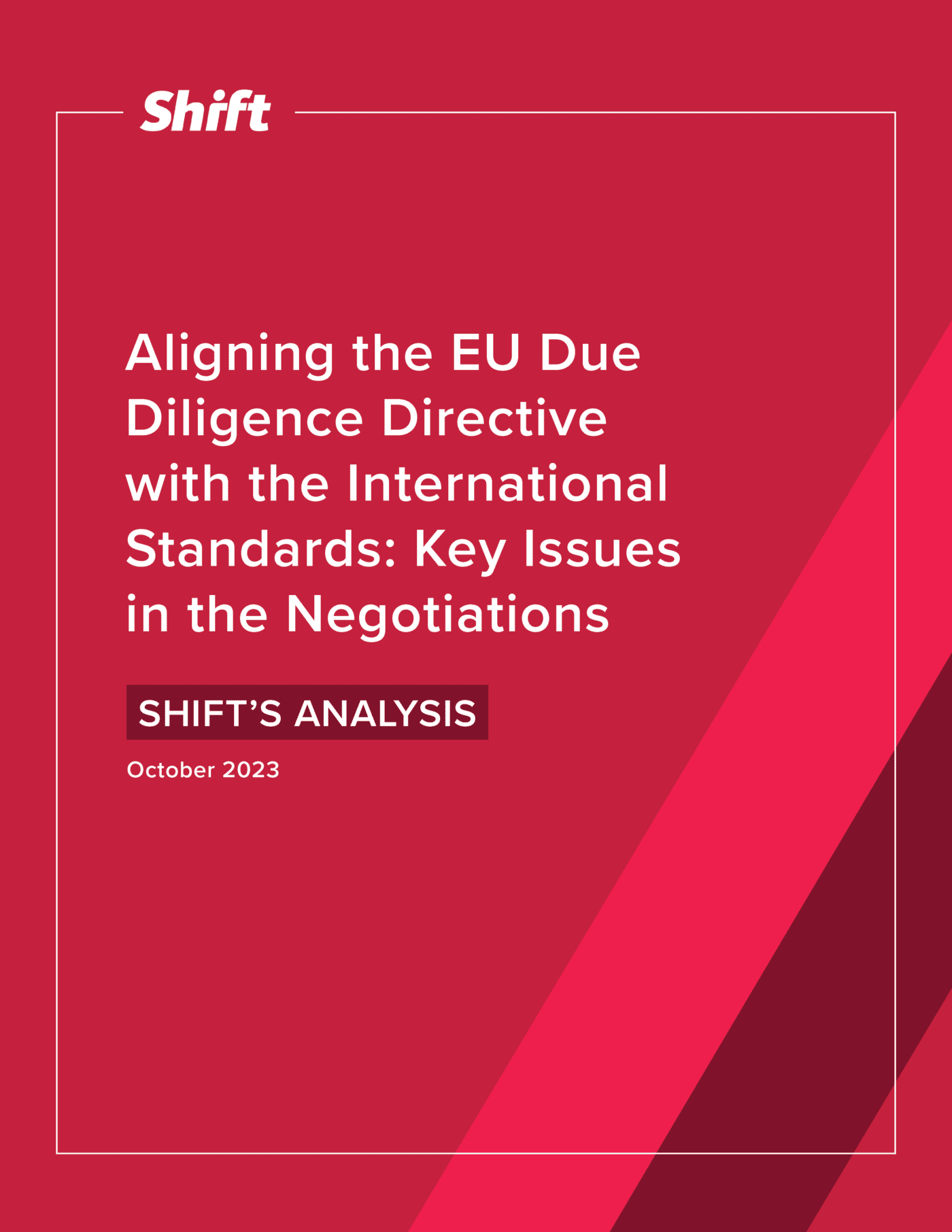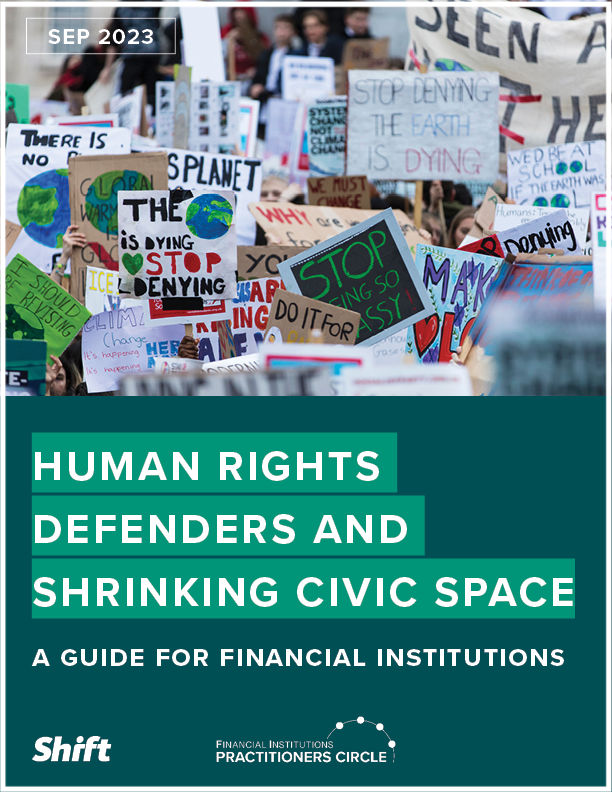Raising the bar for company behavior by influencing the rules that govern how business gets done
A
t Shift, we recognize that to achieve business respect for human rights at scale, we need to embed the UN GUIDING PRINCIPLES into the rules that shape markets. Those rules or “standards” can be compulsory – such as laws or regulation that businesses have to abide by to operate in a specific context, or professional standards governing those who provide accounting, assurance and other services to business. They can also be non-legal standards that are voluntarily adopted, yet still help determine the behavior of business – such as standards set by industry associations, voluntary reporting frameworks or codes and principles established through multistakeholder initiatives.
In all their forms, standards play a critical role in advancing respect for human rights: they have the power to reward and incentivize respect for people and to discourage, restrict or even sanction behavior that harms people or puts them at risk.
Shift advises government ministries, regulatory agencies, intergovernmental organizations, reporting standards bodies and multistakeholder initiatives on how best to integrate the UN GUIDING PRINCIPLES into the standards they set that drive business behavior. We are particularly involved in the development of European mandatory due diligence and reporting standards to ensure the greatest possible alignment with the UN Guiding Principles – read more about our engagement here.
THE CENTRAL ROLE OF THE STATE
States have a primary role to play in standard-setting, in line with their Duty to Protect under the UN GUIDING PRINCIPLES. They are expected to put in place a SMART MIX of measures, both mandatory and voluntary, to foster respect for human rights. Early efforts on National Action Plans on Business and Human Rights were often simply a catalog of existing measures. In the second decade of implementation of the UN Guiding Principles we are now seeing a more proactive approach in the movement to adopt new MANDATORY MEASURES, and mandatory human rights due diligence in particular, at national and regional levels.
At Shift, it is our priority to help advance the movement towards meaningful mandatory due diligence at EU level given the impact that this can have not only in Europe but throughout global value chains. Mandatory human rights and environmental due diligence offer significant opportunities to advance better outcomes for people and planet – provided such measures are aligned with the international standards in the UN Guiding Principles and OECD Guidelines. We engage with companies and business associations that are supportive of these new measures, with governments and EU institutions, and with civil society and trade union allies to inform the debate on new corporate duties. We provide advice to policy-makers to help ensure that they are designed to drive the right corporate behaviors in practice, and we identify where we can contribute particular insights, for example on the need for effective enforcement that drives up the QUALITY OF DUE DILIGENCE.
We are also actively involved in efforts to drive better human rights reporting standards at the EU and global levels, building on our reporting expertise and our development of the UN Guiding Principles Reporting Framework. This includes our expert role in helping draft a new EU sustainability reporting standard. For more on our involvement in mandatory due diligence and reporting developments SEE BELOW.
“The UN Guiding Principles always envisaged that states would adopt a smart mix of measures – voluntary and mandatory – to ensure that businesses respect human rights. Now, in the second decade of their implementation, there is a growing consensus that we need to get mandatory due diligence right if we are going to drive better outcomes at scale for people and planet. At Shift, we have made it a priority to support this development.”
rachel davis, vice president and co-founder of shift
Our Approach
WE PLAY A KEY ROLE AS FACILITATORS AND SUBJECT-MATTER EXPERTS
Our work with a wide variety of partners – governments, businesses, financial institutions, civil society organizations and others – means we understand what is possible in practice and approach our work on standard-setting through an informed and critical lens. Our partners seek us out for our expertise in implementing the UN GUIDING PRINCIPLES, our ability to translate those expectations into diverse standard-setting contexts and our skills in facilitating conversations and collaboration between different stakeholders on challenging topics.
WE ADVISE STATES ON MEETING THEIR DUTY TO PROTECT IN PRACTICE.
We have worked with a range of government ministries and state agencies providing training and capacity-building for embassy and trade promotion staff, advising business and human rights policy teams and collaborating with National Human Rights Institutions to develop government-supported guidance and public engagement on the Guiding Principles. This includes work with government partners in Canada, Germany, Ghana, Finland, the Netherlands, New Zealand, Malaysia, Norway, Peru, Sweden and the UK.
SOME EXAMPLES INCLUDE OUR PARTNERSHIPS WITH:
Our Experience
Mandatory Human Rights Due Diligence
Shift is actively working to advance constructive proposals for mandatory human rights due diligence, aligned with the international due diligence standards.
- Stay up to date on the state of play in the mandatory due diligence debate in Europe and Shift’s role in it here
- Read THIS primer about the role of accountability in ensuring robust HRDD
- Read THIS interpretive note on the role of mandatory measures as part of the ‘smart mix’ in the State Duty to Protect.
- Read THIS introductory piece to learn how Shift is committed to supporting meaningful discussion on mandatory measures.
Reporting Standards
Over the last seven years, we’ve pioneered the development of a more meaningful approach to human rights disclosure. We have collaborated with a wide range of businesses to put it into practice. Now we’re working to embed these lessons in critical standard-setting processes at the European and global levels. Our work includes:
- Overarching Comments on the Draft European Sustainability Reporting Standards
- Expert submissions to the EU’s revision of the Corporate Sustainability Reporting Directive, and to national processes in Australia and the UK.
- A leading role in the work of the Task Force established by European Financial Reporting Advisory Group to develop recommendations for the work of a future EU Sustainability Reporting Standard Setter.
- A continuing role in the Task Force’s new phase of work as it begins to develop draft sustainability reporting standards, due to issue in October 2021.
- Membership of the Technical Committee advising the Global Reporting Initiative on revisions to its universal reporting standards, to align with the UNGP Reporting Framework.
- Engaging with other global standard-setters about strengthening social, including human rights, reporting standards, including the International Financial Reporting Standards Foundation and those standard-setters closely involved in the Foundation’s development of a new International Sustainability Standards Board.
- Development of the UNGP Reporting Framework, a tool to help companies align their human rights disclosure with the UN Guiding Principles (in partnership with Mazars).
- Development of the UN Guiding Principles Assurance Guidance, a tool to help auditors and assurance specialists understand the approach that is required to assure human rights performance (in partnership with Mazars).
Please visit our dedicated page on Human Rights Reporting to learn more.
Standards for the Financial Sector
We take the knowledge we gain from working directly with individual organizations and apply it to inform the evolution of key standards influencing financial institution behavior. For example:
- We have provided expert advice to the Equator Principles Association on how to better embed human rights in the framework used by over 90 financial institutions in 35+ countries to assess and manage environmental and social risks in project finance.
- This drew on our earlier collaboration with the International Finance Corporation (IFC) to help clarify the relationship between the UN Guiding Principles and implementation of the IFC’s Environmental and Social Performance Standards.
- Key insights from that work are captured in our public report on Human Rights Due Diligence in High-Risk Circumstances, which has influenced a number of individual institutions’ practices, including through the 2016 revision of the OECD Common Approaches for Export Credit Agencies.
- We played a central role supporting the development of the Dutch Banking Agreement (DBA) – a unique, negotiated contract between banks, civil society and government on what Dutch banks’ human rights responsibilities mean in practice.
Industry Standards and Multistakeholder Initiatives
We work with business associations and multistakeholder initiatives (MSIs) to raise the bar across industries. Here are a few of our engagements:
- We have worked with leading industry associations to improve their guidance for members. For example, in 2019 we worked with ICMM to develop improved guidance on operational-level grievance mechanisms. Learn more.
- We have also worked with other business initiatives on specific topics, like our collaboration with the UN Global Compact’s CEO Water Mandate to develop guidance on respecting the rights to water and sanitation. Learn more.
- We have been asked by several MSIs to advise them on alignment with the UNGPs in general (like our advice to the Fair Labor Association) or on more specific issues (like our advice to the Global Network Initiative on engagement and grievance handling in the ICT sector).
- We have worked with standard-setting bodies including the ILO, OHCHR and OECD to develop guidance on specific industries or issuse – like our project with the ILO and IOE to develop guidance on child labor.
